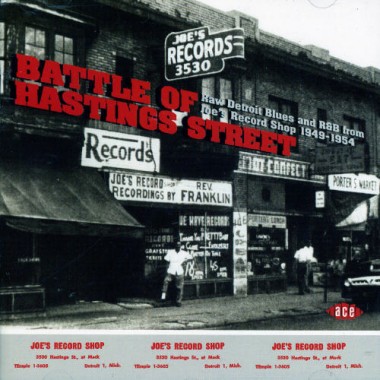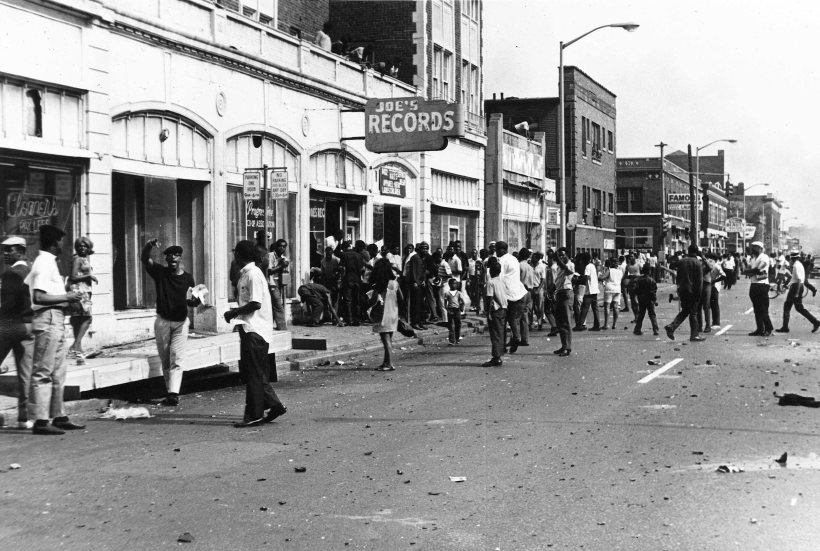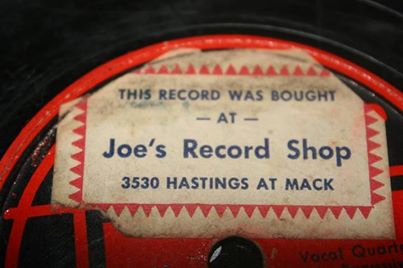
A Tribute: Joe’s Record Shop – A Detroit Legacy
I thought it was to be another one of those business receptions I so often had to attend. Detroit Historical Society was hosting a reception that would include desert, coffee and exhibits of the civil rights movement and music history of Detroit. Two stories very much weaved together in the 50s, 60s and 70s.
Just by chance, I had the opportunity to walk through the tour with an older gentleman named Henry. He didn’t really ask, he didn’t need to- he just began sharing these amazing personal recollections of many of the events, people and places pictured at the exhibit. He told them as if they had happened only yesterday.
Henry’s impromptu descriptions of each photo seemed to bother some on the tour, so Henry and I broke off onto our own next. Besides, he seemed to have a much better understanding of the events of the time. At the time, Henry lived in what was referred to as the “Black Bottom” (the area of Detroit most African-Americans lived in due to racism and forced segregation) These were brilliant and invaluable stories about everything from Coleman Young, Detroit’s first African-American Mayor to Joe’s Record Shop, were Henry purchased his first record – a 78 RPM.
Joe’s Records was owned by Mr. Joe Von Battle, a producer of blues & gospel music in Detroit into the late 1960s. He was often referred to as “The Chess Record of Detroit” or “The Detroit Sound”. A little research revealed that it is entirely possible that Mr. Von Battle was the first post-WWII, African-American independent record producer in the United States.
Joe’s Record Store was the cornerstone to social life in those local neighborhoods. A gathering point for cultural and social activities. It’s said that many legendary artists from throughout the US visited the record shop; John Lee Hooker, Little Willie John, Johnnie Bassett, The Violinaires, The Serenaders, Little Sammy Bryant, Little Sonny, Jackie Wilson, Sonny Boy Williamson and many others.
Unfortunately, the shop was destroyed in the 1967 riots. Riots sparked out of a community frustrated with the rampant and widespread racism within law enforcement. Henry shared with me many personal stories of harassment that divided the community.
After I finished my personal tour, I thanked Henry for his time and we both grabbed a cup of coffee at the reception.
One last bit of information Henry shared: If you ever hunt for vinyl in Detroit, keep an eye out for stickers that say, “This Record was bought at Joe’s Record Shop”. If you find one, you’d be holding an important part of Detroit’s musical and civil-rights history.
by Shawn Ciavattone

Joe’s Record Shop


Really enjoyed this, Shawn.